Online teaching: Canvas and Panopto are treasure chests of data – but who can use it and for what?
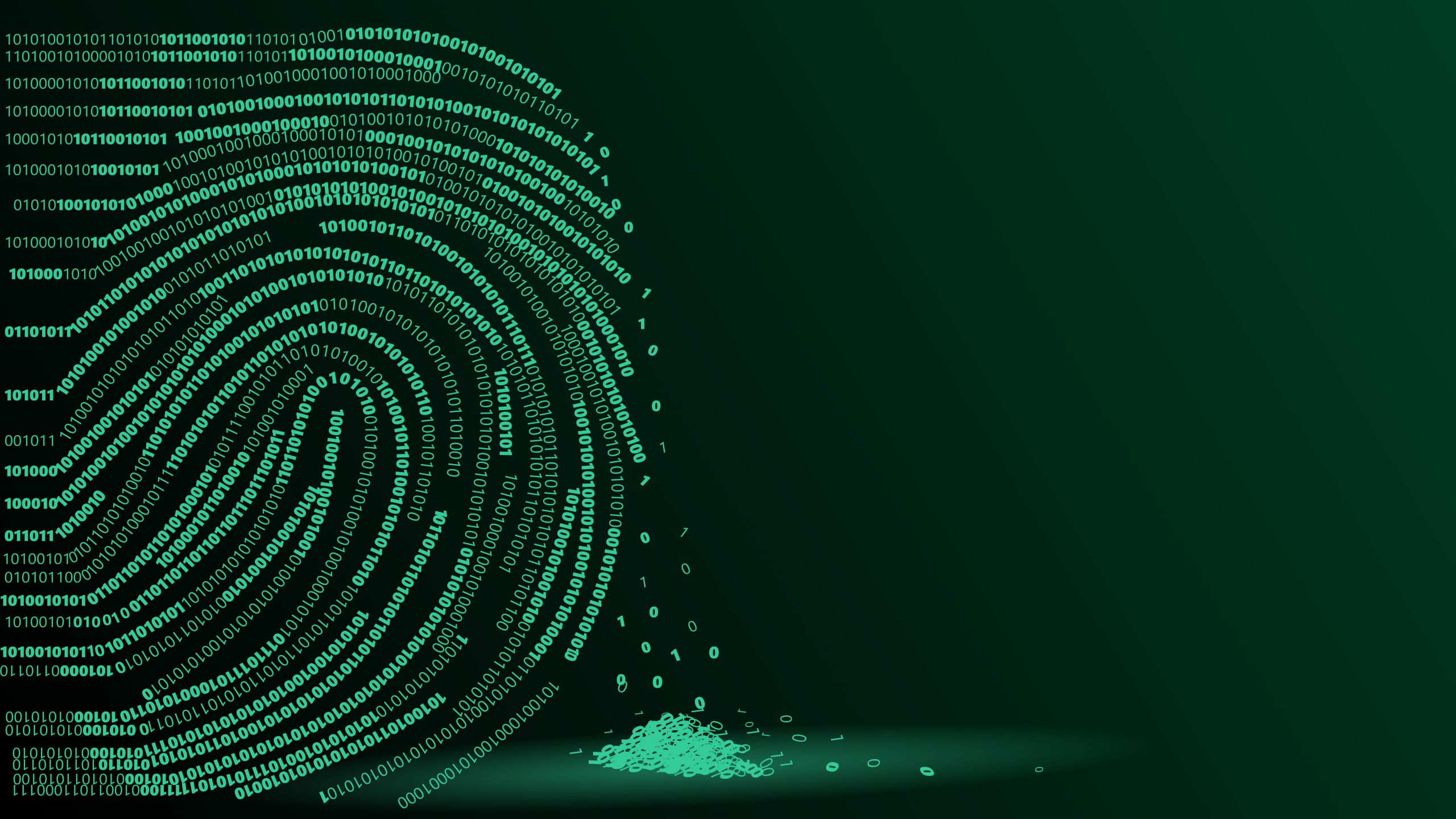
Different types of data about students’ activities are stored on the Canvas and Panopto platforms. That data is available to educators. But why store all this data and who can use it? CBS’ Data Protection Officer answers these and other new questions that keep arising as new online platforms are taken into use.
With the coronavirus pandemic, the number of hours spent online has exploded. Meetings, lessons, exams, conferences, presentations and group work have been moved online. And to support all this increased online activity, we use various kinds of online platforms.
At CBS, for example, students and educators use Canvas and the video platform Panopto, through which students can do quizzes, upload assignments, do group work, watch pre-recorded videos or take part in livestreamed teaching sessions.
Meanwhile, a lot of data is being stored. Data that is visible to the educators.
“We can monitor who has seen what, for how long, their level of engagement, and their scores on quizzes and assignments. In fact, the more we employ these platforms, the more detailed accounts we get of students’ personal performance and engagement,” write the two educators Kristian Roed Nielsen, Assistant Professor, and Jan M. Bauer, Associate Professor at the Department of Management, Society and Communication at CBS, in a recently published opinion piece on CBS WIRE.
They ask why are we storing all this data, who can use it, and for what?
To answer some of these questions, CBS WIRE has reached out to Jesper Smedegaard Madsen, Data Protection Officer at CBS.
His role is to monitor that CBS isn’t using students’ data in ways that are not permitted, and he fully understands the concerns the two educators raise in their opinion piece.
“We have some considerations about how long the storage of different information is necessary, and that can be difficult to decide. Some information is covered by the law. For example, all graduates should be able to get their transcript up to 30 years after graduation. But a lot of what we are discussing now is where law and reality meet. We need to take a position on different needs but also observe the law,” says Jesper Smedegaard Madsen.
“Coronavirus has pushed us in a direction where everything is online, so we have not yet clarified all the challenges this has brought.”
Jesper Smedegaard Madsen sees the current focus on the wider use of online teaching prompted by the opinion piece as a good chance to obtain input from different parts of CBS in order to manage the challenges that arise better. Which is why he has forwarded the opinion piece to, for example, Gregor Halff, the Dean of Education, and Rasmus Johnsen, Associate Dean for Life-Long Learning.
“We need input from various parts of the organization if we want to uncover the different needs and ways of using these platforms. We must make sure that we have detected all the different angles on this before making final decisions. Perhaps we will get some information or examples of usage that we haven’t thought about ourselves or have misunderstood,” says Jesper Smedegaard Madsen.
Who’s deleting what and when?
Through his job, Jesper Smedegaard Madsen is first and foremost concerned about the students’ and faculties’ data and how to protect it, so that it cannot be misused. At the moment, however, he is concerned about questions of when data should be deleted. Because setting specific times for when data should be deleted is not an easy task, he explains.
“It would make some sense to delete videos and content that accompany courses by the end of the semester. However, then that content will only be available for students who took the ordinary exam. What about the students who were unable to take the first exam? This is not to say this is an excuse to store data, but it’s something we must consider, so we don’t discriminate in favor of students who take exams on time,” he says.
There’s no finish line we can cross and say: ah, we made it, no more challenges. It’s more like running on a circular track
Jesper Smedegaard Madsen
When this challenge has been overcome, the next awaits. Because who is responsible for deleting the stored data? The educators? CBS? IT?
“This is an interesting discussion, and that’s a very practical part of the problem that Kristian and Jan put forth. If we can reach agreement not to store data for an unnecessarily long time, who should execute it then?” asks Jesper Smedegaard Madsen and adds:
“We must be able to give someone the job of deleting this content so we don’t end up in a weird vacuum where people believe someone else is doing it, which is the situation right now.”
Jesper Smedegaard Madsen is also looking into the use of videos recorded on Teams or Zoom. When teachers record their livestreamed lectures on Zoom or Teams, a few names of students participating will appear in the video – compared to pre-recorded videos where only the lecturer is visible onscreen.
“We have decided that for videos recorded on Teams or Zoom where names of students are visible, the deadline for deleting the content should be shorter than for videos where only the lecturer is visible. We have put a lot of thought into this,” he says.
Fully automated grades
In the opinion piece, Kristian Roed Nielsen and Jan M. Bauer draw attention to the large amount of personalized student data that could potentially be used by educators for administrative purposes – such as grading.
“What if a teacher develops an algorithm that assigns students a suggested grade based on their activity and performance during a course? Or uses it as a means to sort out deserving and undeserving students. For the large majority of teachers, this will most likely not be the case, but even without this, the degree of information on student activity arguably has the potential to significantly bias teachers in one direction or another,” they write.
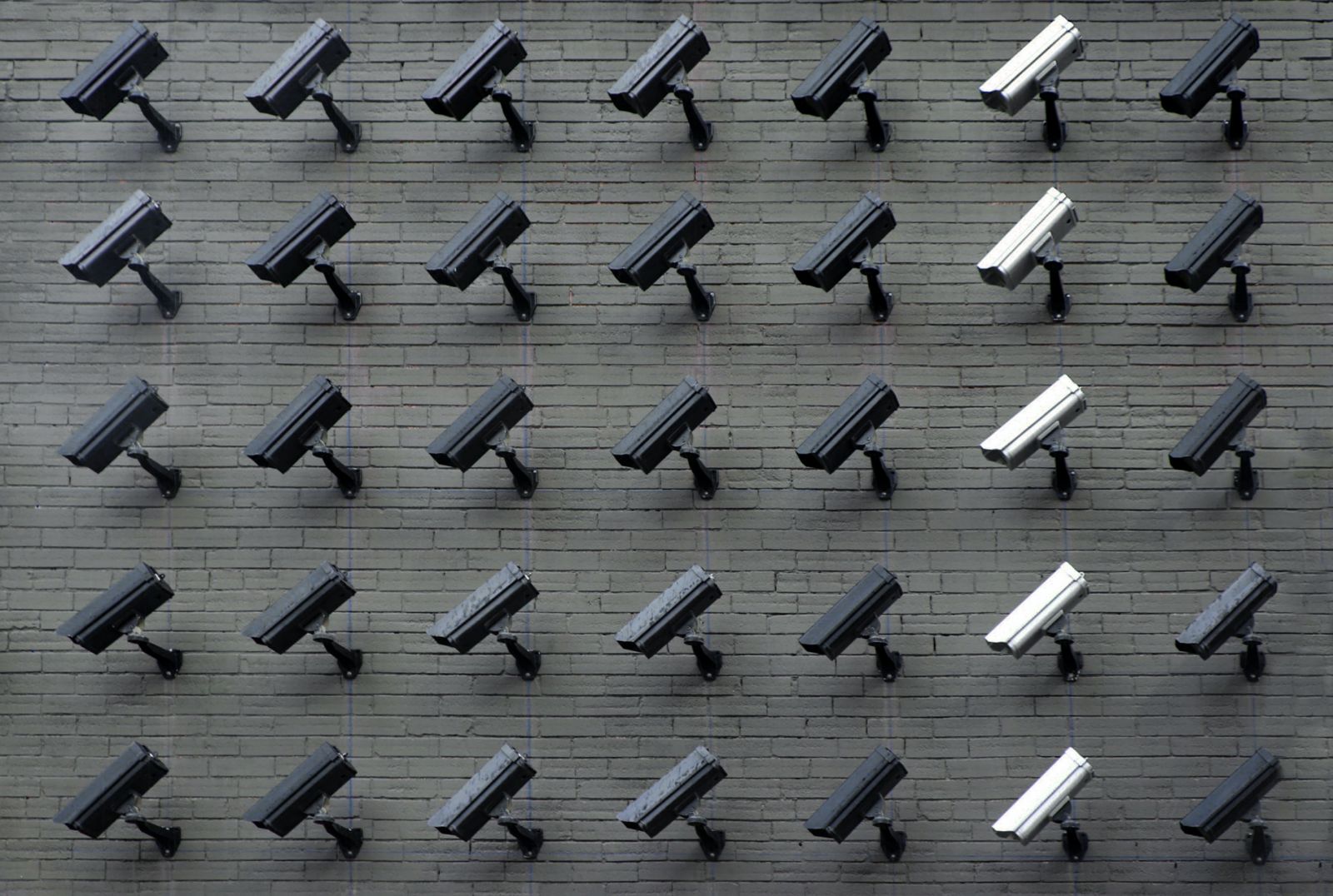
Jesper Smedegaard Madsen thinks this issue is interesting, however, what the two researchers suggest is illegal.
“Making fully automated decisions is illegal, and CBS knows what data is available to whom, for how long and CBS can see when it’s downloaded. So CBS can detect if someone downloads a lot of data from Canvas or Panopto and potentially uses it for purposes we cannot allow,” he says.
One question keeps returning; why is it necessary to store students’ names? Is it sufficient to just see how many have watched a video, but not necessarily register who?
“Well, I think it’s important for the teachers to know who’s on the course, and that they have given access to content to the right group of students. But as soon as they have gained access to the content, I’m not sure whether they can hide their identity. It’s not an issue we have discussed. Because why should their names remain visible? I can’t come up with a good reason,” he says and continues:
“But it is, of course, something we will have to consider, because if it’s not necessary, why do it? I know that some studies at CBS require students to pass specific parts of course to access the exam, so here it’s good to know who has passed, I think.
“Really, the point is that this discussion will never end. As soon as we begin using new systems, or finding new ways of using existing ones, new problems will arise. There’s no finish line we can cross and say: ah, we made it, no more challenges. It’s more like running on a circular track.”



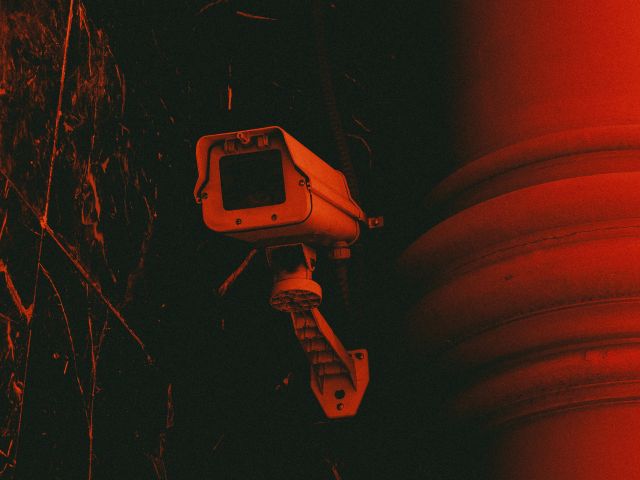
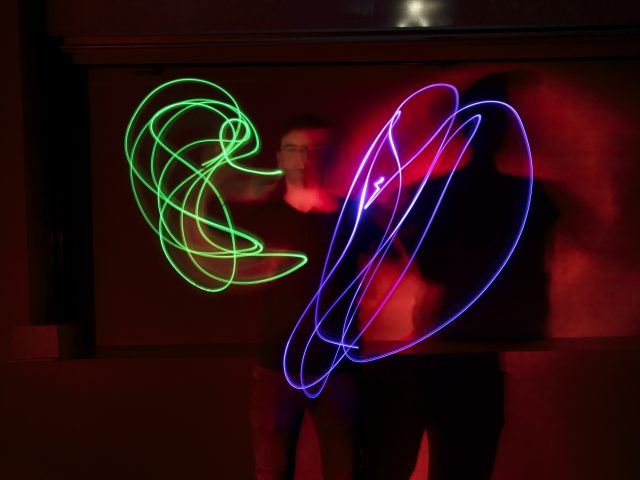
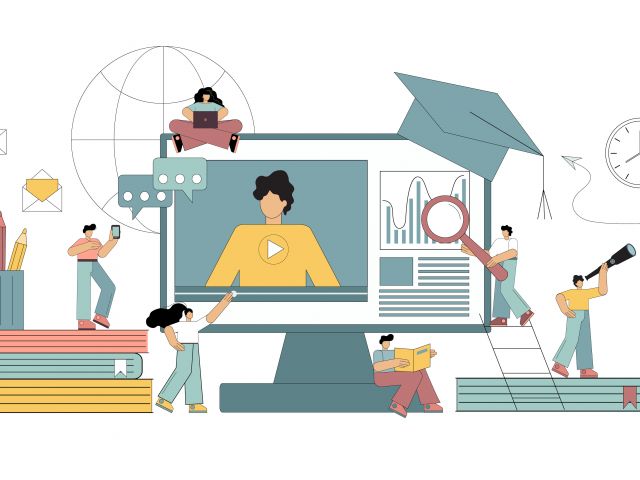

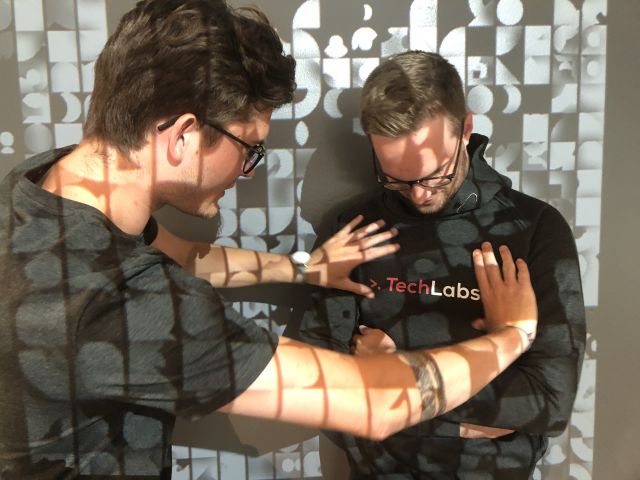































































































































Comments